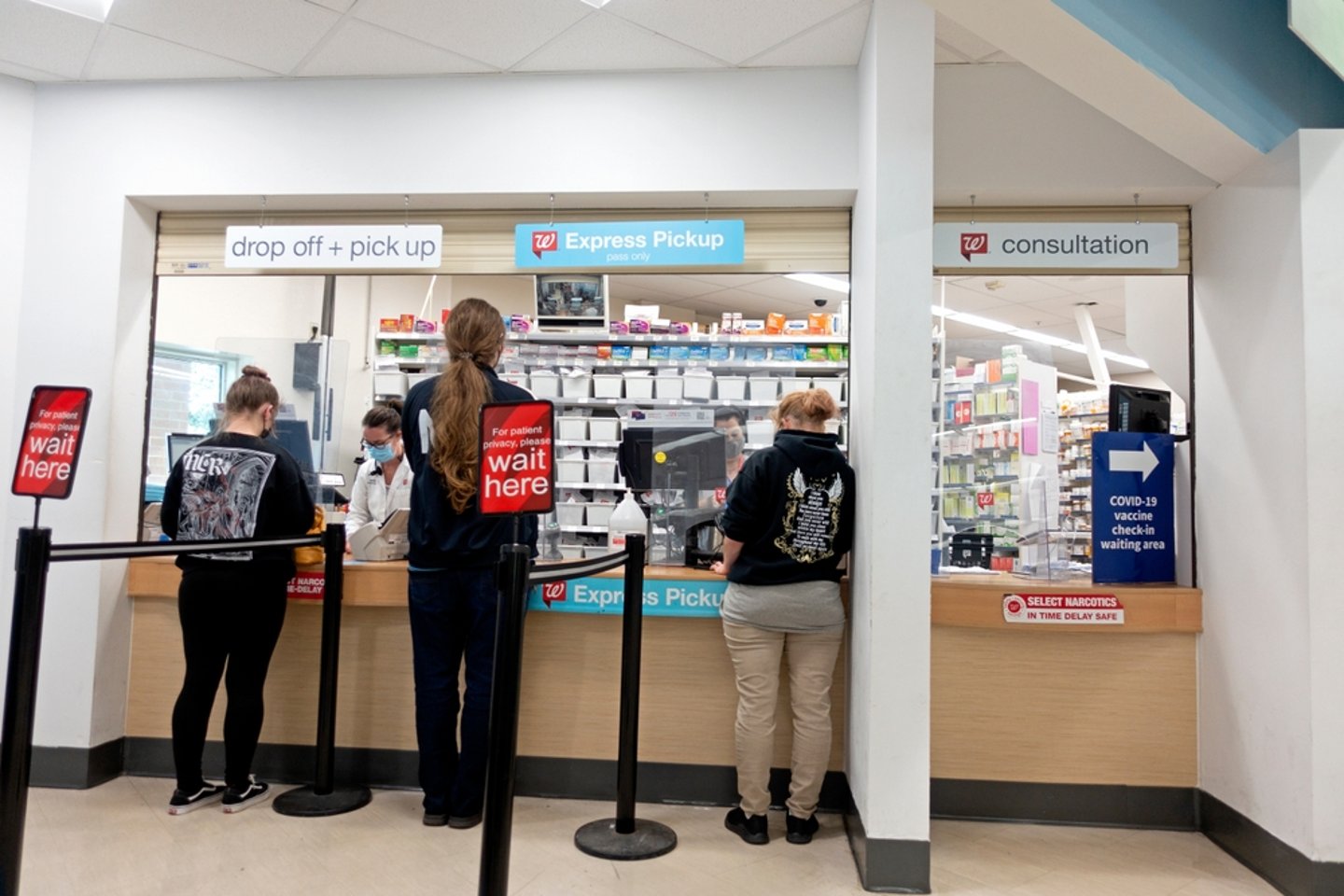Walgreens Pharmacists Walk Off the Job
Thousands of Walgreens pharmacy staff across the country are walking off the job this week, as reported by The Washington Post. They aren’t walking out due to a pay dispute; rather pharmacists are alleging that poor working conditions are putting both employees and patients at risk.
Pharmacists, technicians and support staff claim that increased demands on understaffed teams — such as administering vaccines while battling hundreds of backlogged prescriptions — have become untenable and are impeding their ability to do their jobs responsibly.
“When you’re a pharmacist, a missed letter or a number that’s wrong in a prescription could kill somebody,” an organizer of the effort told The Washington Post. One of the key players in the health care industry and one of the world’s largest retail pharmacies, Walgreens serves millions of people each year.
Walgreens employees are requesting that the company hire more pharmacy staff, establish mandatory training hours, offer transparency in how payroll hours are assigned to stores, and give advance notice when staff will be cut or when a position opens.
The company didn’t respond to Progressive Grocer’s request for comment at press time.
The Walgreens walkout comes after pharmacy employees walked off the job at multiple CVS stores in the Kansas City area last week, citing similar health and safety concerns. CNN reported that CVS pharmacists shuttered as many as 22 pharmacies in two September walkouts over two weeks in the Kansas City area in a planned protest, prompting executives from the Woonsocket, R.I.-based retailer to meet with staff and assure them that additional support was coming.
The Walgreens walkout is the latest issue in a string of company setbacks. On Sept. 1, CEO Rosalind Brewer left the company. The high-profile executive was responsible for leading the organization through a nearly unprecedented vaccination effort, which ultimately delivered more than 70 million shots. During her two-plus years at Walgreens, Brewer also guided the company’s expansion of health care services.
Also last month, the company agreed to pay $44 million to settle class action claims by consumers who received flawed blood tests in Arizona and California through the pharmacy chain’s partnership with Theranos. Walgreens also has agreements to pay billions of dollars to resolve thousands of lawsuits related to the opioid crisis.
Meanwhile, in May, Walgreens revealed it was eliminating 504 corporate jobs — mostly at its Deerfield, Ill., headquarters and its Chicago office. The layoffs represented about 10% of the drug store chain’s corporate workforce. At the time, Brewer said that corporate layoffs were among a series of steps the company was taking “to drive sustainable cost savings to help fuel investments for future growth.”
On Oct. 12, Walgreens will publish results for its fourth quarter of fiscal 2023, which Seeking Alpha predicts will upset investors. It expects the company’s revenue to decline in the fourth quarter due to lower COVID-19 vaccinations and testing. A softening of interest in vaccines and COVID tests and treatments was already evident in the company’s third quarter. Walgreens’ Q3 earnings came in lower than expected, with a dip in profitability. However, sales went up by 8.6%, topping $35.4 billion. The overall upturn was fueled by sales growth in the U.S. retail pharmacy and international segments, along with contributions from the health care division in the United States. Excluding tobacco, comparable retail sales rose 0.2%, with strong results in the grocery and household and beauty categories.
Deerfield, Ill.-based Walgreens, which operates nearly 9,000 retail locations across the United States, Puerto Rico and the U.S. Virgin Islands, is No. 5 on The PG 100, Progressive Grocer’s 2023 list of the top food and consumables retailers in North America. With its CVS Pharmacy subsidiary operating almost 10,000 locations nationwide, CVS Health is No. 7 on PG’s list.






